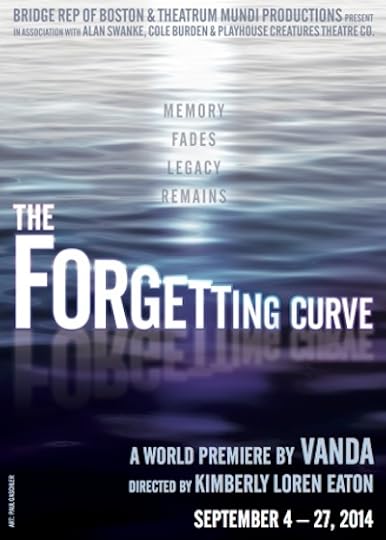Autobiographical memory and H.M.
Do women remember life events better than men?
A better question might be, do little girls get taught to remember better than boys? According to Slate, this might be the case:
Researchers are finding some preliminary evidence that women are indeed better at recalling memories, especially autobiographical ones. Girls and women tend to recall these memories faster and with more specific details, and some studies have demonstrated that these memories tend to be more accurate, too, when compared to those of boys and men. And there’s an explanation for this: It could come down to the way parents talk to their daughters, as compared to their sons, when the children are developing memory skills.
To understand this apparent gender divide in recalling memories, it helps to start with early childhood—specifically, ages 2 to 6. Whether you knew it or not, during these years, you learned how to form memories, and researchers believe this happens mostly through conversations with others, primarily our parents. These conversations teach us how to tell our own stories, essentially; when a mother asks her child for more details about something that happened that day in school, for example, she is implicitly communicating that these extra details are essential parts to the story.
And these early experiments in storytelling assist in memory-making, research shows. One recent study tracked preschool-age kids whose mothers often asked them to elaborate when telling stories; later in their lives, these kids were able to recall earlier memories than their peers whose mothers hadn’t asked for those extra details.
But the way parents tend to talk to their sons is different from the way they talk to their daughters. Mothers tend to introduce more snippets of new information in conversations with their young daughters than they do with their young sons, research has shown. And moms tend to ask more questions about girls’ emotions; with boys, on the other hand, they spend more time talking about what they should do with those feelings.
A few years ago, I was leading a post-show talkback after a production of “Yesterday Happened,” a play at Central Square Theater about Henry Molaison, better known as “H.M.” H.M. was a man born in the 1920s who suffered from severe epilepsy, and the surgery used to cure it–removal of most of his hippocampus and amygdala–also prevented him from ever forming new memories. He lived in 10-minute increments, much like the man in “Memento.” Much of what we know about how human memory works is because of experiments performed on H.M.
Anyway, one of the audience members who stayed for the talkback pointed out that H.M. seemed to have a notable lack of memories from before his surgery as well, and what was up with that?
I said that I didn’t know, but that H.M. reminded me of my father in many respects–the same generation, general ethnic background and social class, IQ and intellectual ambitions, overall temperament–and he hadn’t had a lot of specific memories, either. I pointed out the fact that memory isn’t an automatic recording of events, and that my father simply never bothered to encode a great deal about his own experiences, and you don’t remember what you don’t encode. He was taught to value facts, observable phenomena, and social expectations–not his own personal mythology. He didn’t make a big deal about his life story and the various chapters thereof, the way people do today.
After the talkback, an older man in the audience came up to me and said I was exactly right about the psychology of men of his generation and station in life.
There’s a new play about H.M. in town, if I’ve managed to pique your curiosity! The guy was important–they never write science plays about the subjects of experiments, for heaven’s sake, and H.M. has been the star of two, now! The new one is “The Forgetting Curve,” by Vanda, a Bridge Rep production playing at the Boston Center for the Arts. This weekend they’ve got some great memory experts to lead post-show conversations:
Wednesday, 9/24 – Dr. Howard Eichenbaum; Dr. Daniel L. Schacter
Thursday, 9/25 – Dr. Ayanna Thomas
Friday, 9/26 – Bob Linscott
Saturday, 9/27 – Dr. Bonnie Wong
“The Forgetting Curve” runs through this Saturday. Check it out!
Robin Abrahams's Blog




